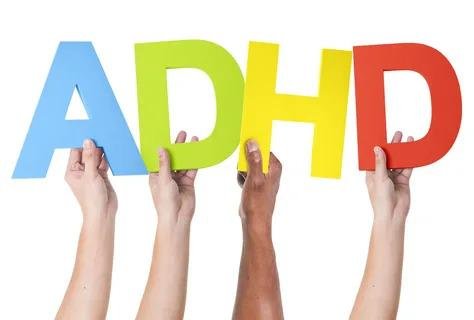A neurodevelopmental condition known as attention deficit hyperactivity disorder (ADHD) is frequently identified in children and frequently lasts throughout adolescence and adulthood. Academics, social connections, and emotional management are just a few of the areas in which adolescents with ADHD must overcome particular obstacles. Adolescents need effective treatment plans in order to succeed in their daily lives and control their symptoms. We shall examine some ADHD treatment approaches designed especially for teenagers in this post.
1. Diagnosis and Evaluation
Adolescent ADHD diagnosis requires a thorough evaluation by medical specialists such as pediatricians, psychologists, or psychiatrists. Information is usually gathered for the assessment from a variety of sources, including the adolescents themselves, their parents, and their teachers. To ascertain whether a person fits the criteria for ADHD, diagnostic criteria from the Diagnostic and Statistical Manual of Mental Disorders (DSM-5) are applied.
2. Administration of Medication
One of the most popular and successful forms of treatment for ADHD is medication. Methylphenidate (like Ritalin) and amphetamine (like Adderall) are two examples of stimulant drugs that are frequently used to treat the symptoms of impulsivity, hyperactivity, and inattention. In particular, teenagers who do not respond well to stimulants or who have comorbid problems like anxiety or tics, may benefit from non-stimulant drugs such as atomoxetine (Strattera).
Healthcare practitioners should closely evaluate medication-assisted ADHD treatment to guarantee efficacy and avoid side effects. It is important to inform adolescents and their families about the possible advantages and disadvantages of using medications.
3. Interventions Behavioral
Adolescents with ADHD can function better and manage their symptoms with the help of behavioral therapies. Among these interventions could be:
Cognitive-behavioral therapy (CBT):
CBT helps adolescents develop coping strategies to address challenges related to ADHD, such as improving organizational skills, managing impulsivity, and reducing procrastination.
Parent training and education:
Parents play a vital role in supporting adolescents with ADHD. Parent training programs teach parents effective behavioral management techniques and communication skills to enhance parent-child relationships and reduce conflicts.
School-based interventions:
Collaborating with educators to implement accommodations and modifications in the school setting can help support academic success for adolescents with ADHD. This may include extended time on tests, preferential seating, and the use of organizational tools.
4. Psychoeducation and Support
Psychoeducation involves providing adolescents and their families with information about ADHD, including its symptoms, causes, and treatment options. Understanding ADHD can help adolescents and their families develop realistic expectations and strategies for managing the disorder effectively.
Support groups and peer networks can also be valuable resources for adolescents with ADHD. Connecting with others who share similar experiences can reduce feelings of isolation and provide practical advice and encouragement.
5. Modifications to Lifestyle
In addition to formal treatments, lifestyle modifications can help adolescents manage ADHD symptoms and improve overall well-being. Some lifestyle strategies include:
Regular exercise:
Physical activity has been shown to reduce symptoms of ADHD by increasing dopamine and norepinephrine levels in the brain. Encouraging adolescents to engage in regular exercise, such as sports, yoga, or outdoor activities, can help improve attention and mood.
Healthy diet:
While diet alone is not a substitute for medical treatment, maintaining a balanced diet rich in fruits, vegetables, lean proteins, and whole grains can support overall brain health and may complement ADHD treatment.
Adequate sleep:
Establishing a consistent sleep routine and ensuring adolescents get enough sleep each night is essential for managing ADHD symptoms. Sleep deprivation can exacerbate inattention, hyperactivity, and irritability.
6. Multimodal Treatment Approach
ADHD treatment for adolescents is most effective when using a multimodal approach that combines medication, behavioral interventions, psychoeducation, and lifestyle modifications. This comprehensive approach addresses the diverse needs of adolescents with ADHD and maximizes treatment outcomes.
In summary
ADHD treatment strategies for adolescents should be individualized based on the unique needs and preferences of each individual. By combining medication management, behavioral interventions, psychoeducation, and lifestyle modifications, adolescents with ADHD can learn to manage their symptoms effectively and thrive in various areas of their lives. It is essential for healthcare professionals, educators, parents, and adolescents themselves to work collaboratively to develop and implement a comprehensive treatment plan that supports long-term success.



